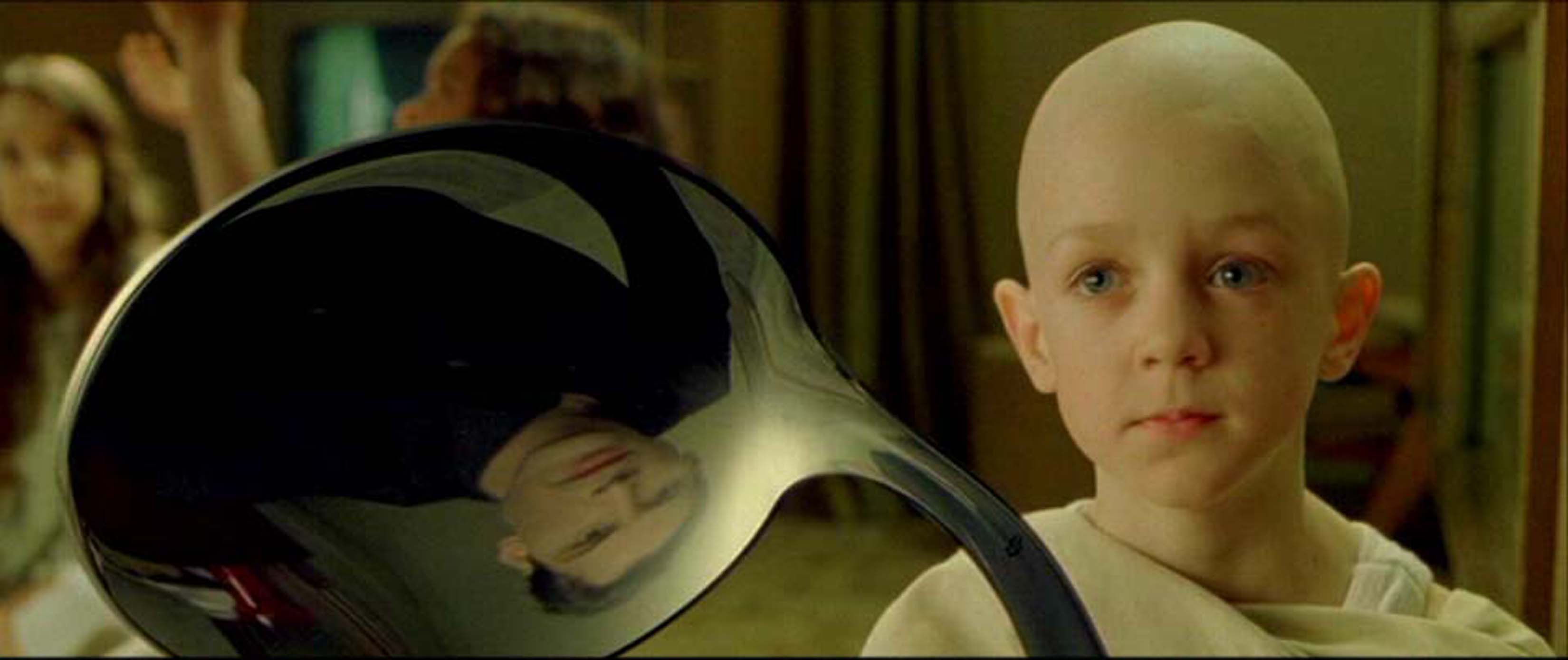Psy. Yes, that Psy, has a new video out.
 |
| And Gangnam Style just passed 2 billion views. Good lord. |
I like Psy, don't get me wrong, but I'm not so hot on his new video, Hangover, which you can watch here.
A few weird things happened with the utterly unexpected success of Gangnam Style. We must begin with the fact that Gangnam Style isn't prototypical K-pop. It's not the model the studios tried to promote, or thought would be successful overseas, and that's obvious if you look at which artists got overseas promotion (Wonder Girls, SNSD, Big Bang, Rain) and which didn't (Psy). When Gangnam Style hit the big time, suddenly, the videos of other artists trying to break into the US market also became more brightly colored videos and chock-full of silly non-sequiturs: non-sequiturs that somehow felt like they'd been developed by a marketing team trying to be sure they were random enough. And if there's one thing
Katy t3h PeNgU1N oF d00m teaches us, it's that forced randomness is a cringeworthy as a skateboard injury video.
In my opinion, the worst of these "the next Gangnam Style" (there will never be another exactly like it) was Crayon Pop's utterly unnecessary "Global Version" of their catchy song "Bar Bar Bar" (
see here) - which I mentioned in a previous blog about Kpop trying to go international (
Kim sisters). It's the same as their original, which was great in its own right, except they raised the bass in the mix and added ham-handed references to Gangnam Style in the video: abandoned amusement park, playground, subway station, handheld fans, people doing yoga outdoors, someone lying between another person's feet in an elevator, and ending with a big lineup of people in different uniforms plus, just to make sure everybody knows we're from Korea... a traditional-style pagoda.
The original Crayon Pop video, which I still love:
Psy's video doesn't quite suffer from the same problem of trying too hard to match Gangnam Style - the song's too slow-paced for that, to begin with. This video just seems... lost. You know when you're standing in a supermarket, and take half a step toward the produce department, then half a step towards breads, and half a step towards cereals, before deciding you need to re-check your shopping list, and end up expending a lot of energy to turn in a clumsy, pointless circle? That's what this video is doing for me.
The video looks to be a night on the town with Psy and Snoop Dogg. They tour some common locations for a night of Korean drinking (which is a bit odd when the song's named "Hangover" but whatever). For the record, I think it would have been very fun to go out and drink with Psy and Snoop Dogg for a night, and a night on the town with Psy might be the awesomest introduction to drinking culture in Korea that it is possible to have. Yet I feel really "meh" about the video.
Here are my gut reactions to the video as I watch, augmented by an after-the-fact edit.
0.11 - Snoop's entrance is pretty funny.
I don't like autotune. Never have.
0:30 Taepyongso? Seriously? (
This is what a taepyongso sounds like) - it is also the aural equivalent of Hanbok or Kimchi -- the go-to indicator that This Is Uniquely Korean. The reek of Korean cultural promotion is officially on this video. Let's see if it wrecks the thing.
0:38 - Memo to all K-pop choreographers: there are other ways to make female dancers look sexy than making them twerk, or do
the Bend and Snap. Learn at least two more each.
Waveya needs to hire a choreographer, and if you're a Kpop choreographer and every single dance move you've put into the routine
is in this video, you need to get better at your job.
Oh... and he's holding a saxophone, but that is absolutely a taepyongso. It's like they're embarrassed that they took culture ministry money to make this video. (If they did. I bet they did.)
0:40 - by the way... the Taepyongso (태평소) might be the absolute last sound I want to hear when I'm hung over.
0:43 - Beer shots. A lot of them. An impressive setup, in fact. Product placement perhaps?
Eat Your Kimchi says yes. And they're right.
0:59 - Drinking the hangover remedies and eating drunk food. It's fun watching Snopp Dogg eat Korean drunk food, I admit.
1:18 - Soaking in the jimjilbang (or Korean sauna) - also a venerable Korean hangover ritual. I've done it myself, and like that it was included... even though 1. Psy already did the sauna thing in Gangnam Style and 2. The stuff people do for a hangover and for a night of drinking are getting awfully mixed up here.
At least they're introducing an aspect of Korean culture that is actually practiced by many ordinary Koreans. I doubt they'd have gotten Snoop Dogg to wear a hanbok or try playing a janggu, though.
Then again, the video isn't finished yet. There may still be a
K-food party in store.
1:24 - motorbike and flying paper. Reference to Gangnam style?
(after what I said earlier, better google "Snoop Dogg in Hanbok" just to be sure...)
Oh shit.
Better google "Snoop Dogg playing janggu", too, just in case...
Phew! Nothing.
1:29 - Bend and snap.
1:40 - Rolling across the face shot. I am jealous of Snoop Dogg for getting to have Psy as his guide and gateway to Korean drinking culture.
1:48 - Ladies joined their table. The kinds of ladies you might bump into at your average purveyor of soju bombs. Fun-looking, not supermodel-y. This "portraying an actual night of drinking in Korea" thing might be going somewhere...
2:05 - but of course there are some supermodel-y dancers there too. Doing the same four dance moves as before.
After this video, which is the logical conclusion and apex of Kpop 섹시댄스 choreography, where the world got to watch 400 boys become men at the same time, more of the same just seems so hollow and unnecessary. Bring something new to the table!
2:30 - Drunkovision is making the not-supermodel-looing women look sexy. A beer goggles joke? Shit, I don't think I can like this video anymore. I shouldn't have gotten my hopes up when those women joined the table. How cool would it have been for those two women to become characters in the video, and not just props for a throwaway joke?
2:55 aaaand they're trying to hump them.
Also 2:55 - G-Dragon's random appearance is the best thing about the video so far. I like what he does with the microphone.
3:25 - the spinny-ride, while drunk
OR hung over, seems like a really terrible idea.
3:30 - I think it would have been really fun to hang out with Psy. I'm not convinced it's a great topic for a music video though.
3:35 - Pool hall. Complete with washed out, ugly flourescent lights and jajangmyeon.
4:00 - I bet that woman behind Psy in a Bruce Lee outfit (sigh) is famous. Too bad she's so obscured by fur (welcome to 1988) and movie star sunglasses I'm not sure who she is.
4:18 - hite D and chamiseul. Make sure the labels face the camera, boys!
4:20 - they blanked out an "f" word. A song about drinking is worried about an f-bomb. I don't think the moral police are going to give this one a pass, anyway. He didn't even get away with kicking a traffic cone in the last one. Unless the traditional instrument distracts the censors.
4:30 - End. I like the bar fight and mayhem.
For science, or whatever, here is my favorite "street fight mayhem" scene in Korean pop culture so far. If you know a better one, please link it in the comments.
To sum up, then:
Good points: G-Dragon - far and away the high point. The impressive table of soju bombs, the fact this is probably what Psy actually does when he goes out drinking for a night, and if not, what many office workers
definitely do.
Bad points: Just not a very good song. Heavy handed traditional instrument that didn't add much to the song... and adds that awkwardness of referencing traditional culture in a song and video about drinking too much, which probably isn't the image of Korea those cultural promotion folks have in mind. Bad bad bad, boring boring boring choreography. The beer goggles thing really bugged me. And, you know, the pervasive Hite and Chamiseul product placements. (
Will Psy be passing off ad jingles as singles next?)
All in all, it seems to me like Psy is now trying to please people (cultural export-y people, ad sponsors) in this video, in the songwriting, in the arrangement, and it's hurting him. He isn't a representative K-pop artist, and never will be, and asking him to represent Korea or Kpop to the world will give you a Psy with his hands tied behind his back, which is not Psy at all. The greatest thing about Psy is that he was always fun, mostly because he never took himself too seriously. But now, there are people who
do take him seriously, and as long as he's encumbered by that burden, I don't think we're going to see the Psy we love, or the one that both wowed and cracked us up in Gangnam Style, or wore a goofy muscle shirt for most of the "Right Now" video, which might be my favorite Psy moment.
Maybe the Psy we have now can get more famous people into his videos, but those videos lack the manic energy, the self-deprecation, and the fun that make everybody love Gangnam Style in the first place.
Come back, silly Psy!














